Religious leaders of Iran’s Sunni Muslim communities are being increasingly targeted for “persecution, arrest and imprisonment” for the only reason of criticizing the state’s violence against peaceful protesters, according to a New York-based human rights group.
“While religious and ethnic minorities in the Islamic Republic have long been oppressed, the state’s targeting of Sunni clerics intensified after anti-government protests swept across Iran in the wake of the September 2022 death in state custody of 22-year-old Mahsa Jina Amini,” the Center for Human Rights in Iran (CHRI) said in a statement on August 15.
Iran's Shia leadership responded to the monthslong protests with brutal force. At least 520 people were killed across the country and 20,000 others were unlawfully detained, activists say. Following biased trials, the judiciary has handed down stiff sentences, including the death penalty, to protesters.
Iranians from all ethnic and religious backgrounds were targeted, but the CHRI said that Baluch and Kurds “bore the brunt” of the state’s bloody crackdown, with the highest number of casualties taking place in southeastern Sistan and Baluchistan province and the Kurdish areas of the country.
Sistan and Baluchistan is home to Iran's Sunni Baluch minority, while Kurds are the largest ethnic minority in western Iran and are predominantly Sunni.
Molavi Abdulhamid, the Sunni Friday prayer leader of Zahedan, the capital of Sistan and Baluchistan, has been a key dissenting voice inside Iran since the eruption of the widespread protests, using his sermons to call for fundamental economic, social and political changes in the country.
In retribution, the authorities have canceled his planned pilgrimage to Mecca, and security forces have arrested at least seven of his close associates, including his grandson. Those seven are still detained, even though charges have yet to be announced.
Many other Sunni clerics in Sistan and Baluchistan and the Kurdish areas have been targeted for speaking out strongly against the state’s crackdown on peaceful protesters and the use of the death penalty against ethnic minorities such as Baluch and Kurds.
“These religious leaders have become targets for heightened persecution by a government that sees any peaceful dissent as a potentially existential challenge to be crushed—especially when the criticism comes from highly respected figures in their respective communities,” the CHRI said.
According to CHRI Executive Director Hadi Ghaemi said, Sunni clerics in Iran “have committed no illegal act other than speaking openly about the state’s violent repression of the people in their communities—and that is a crime in the Islamic Republic.”
visit the accountability section
In this section of Iran Wire, you can contact the officials and launch your campaign for various problems







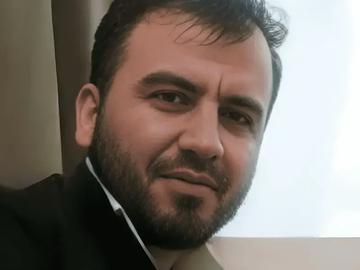




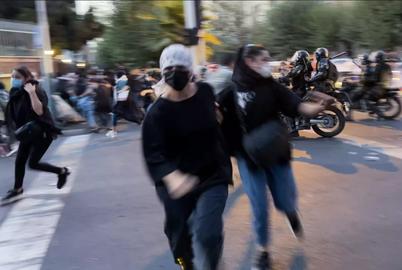
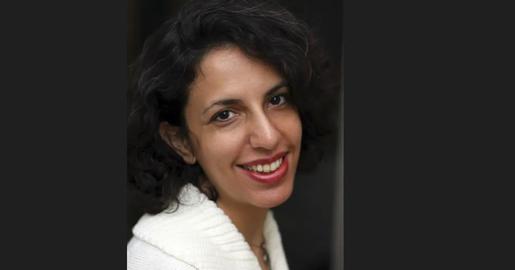
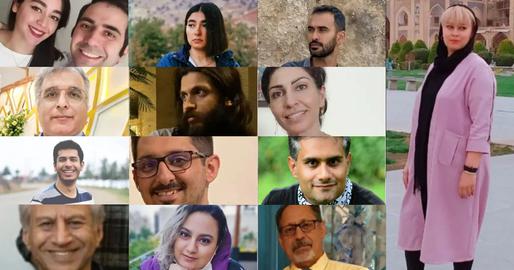
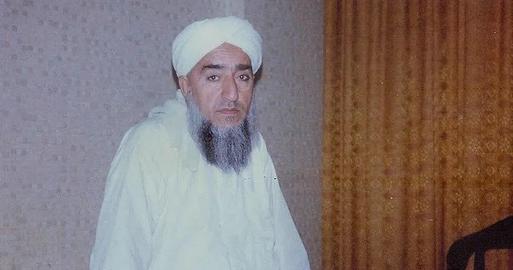
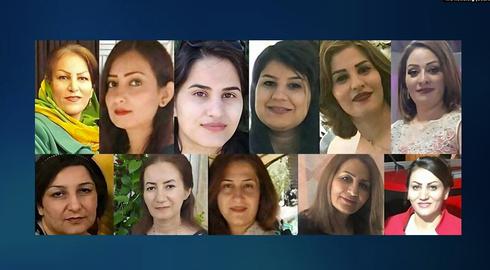

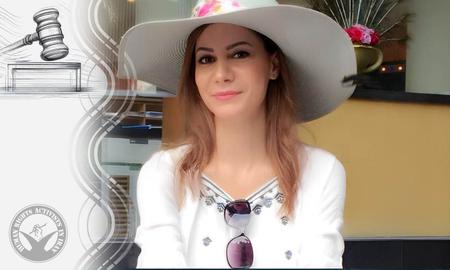


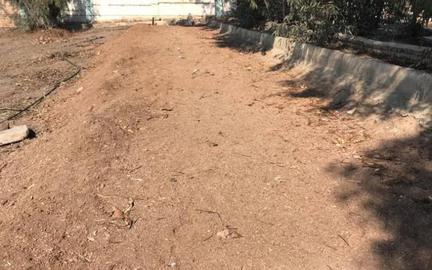

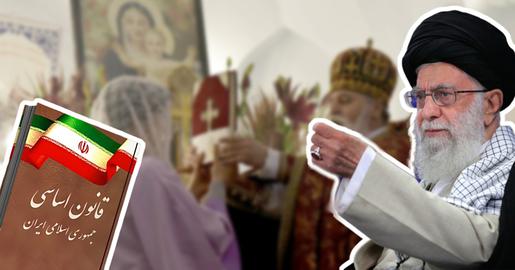


comments